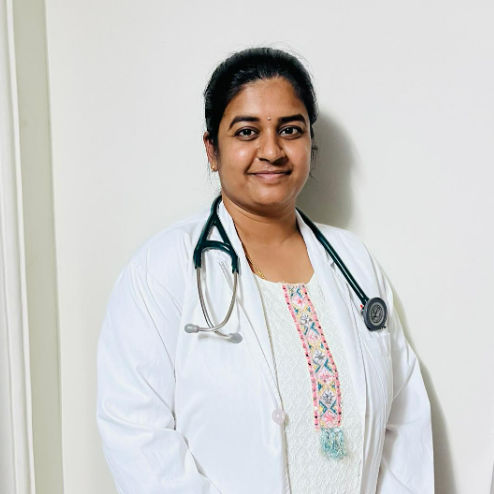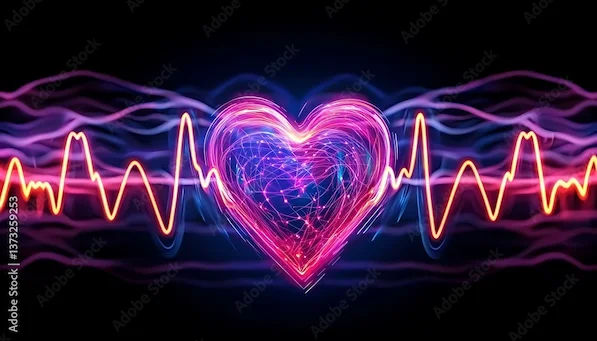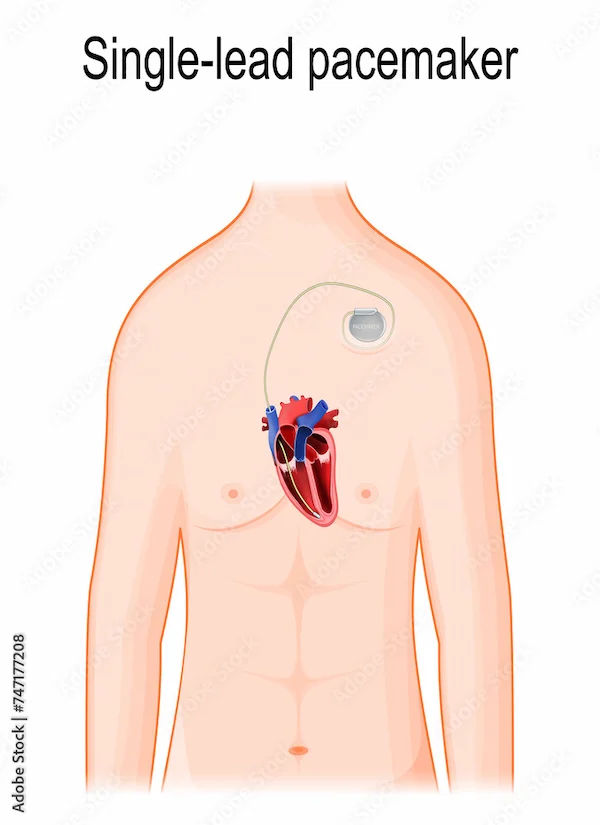ECG or Echo: Which Test is Better?
Is an Echo or an ECG for you? Know the what, how and why of ECG & ECHO. Learn about the tests and tips for a healthy heart.

Written by Dr. J T Hema Pratima
Reviewed by Dr. Rohinipriyanka Pondugula MBBS
Last updated on 30th Jul, 2025

Introduction
When it comes to heart health, diagnostic tests like an Electrocardiogram (ECG) and Echocardiogram (Echo) play a crucial role in detecting problems early. But many patients wonder which one is better? The truth is, both tests serve different purposes, and your doctor will recommend the right one based on your symptoms and medical history.
In this article, we’ll break down the differences between ECG and Echo, their uses, and when you might need them.
What is an ECG?
An Electrocardiogram (ECG or EKG) is a quick, painless test that records the electrical activity of your heart. It helps detect:
Abnormal heart rhythms (arrhythmias)
Heart attacks (past or present)
Blocked arteries
Heart enlargement
Consult Specialist Cardiologist expert advice for diagnosis information.
How is an ECG Done?
Small sticky patches (electrodes) are placed on your chest, arms, and legs.
The machine records your heart’s electrical signals for a few seconds.
No pain or preparation is needed—just lie still during the test.
When is an ECG Recommended?
Chest pain or discomfort
Palpitations (fast or irregular heartbeat)
Shortness of breath
Routine check-ups for heart disease risk
What is an Echo?
An Echocardiogram (Echo) is an ultrasound of the heart that uses sound waves to create moving images. It provides detailed information about:
Heart structure and function
Valve problems (leaky or stiff valves)
Blood flow issues
Heart muscle weakness (heart failure)
Consult Specialist Cardiologist expert advice for diagnosis information.
How is an Echo Done?
The ECHO is done in following way:
A technician applies gel to your chest and moves a handheld device (transducer) over it.
The sound waves create real-time images of your heart.
No radiation or pain is involved.
When is an Echo Recommended?
ECHO is recommended in following situations:
Abnormal ECG results
Heart murmurs (unusual sounds)
Unexplained fatigue or swelling in the legs
Monitoring known heart conditions.
Key Differences Between ECG and Echo
| Feature | ECG | Echo |
| Purpose | Measures electrical activity | Shows heart structure & function |
| Duration | 5-10 minutes | 30-60 minutes |
| Pain Level | Painless | Painless |
| Best For | Detecting arrhythmias, heart attacks | Checking valves, pumping efficiency |
| Preparation | None | None (unless stress echo) |
Which Test is Better?
ECG is quick and great for detecting electrical issues (like irregular heartbeats). While, Echo gives a detailed view of the heart structure (like valve problems or weak pumping).
Your doctor may suggest both if they suspect a serious heart condition.
Tips for a Healthy Heart
Whether you need an ECG, Echo, or both, maintaining heart health is essential. Here are some simple tips:
Eat a balanced diet (fruits, vegetables, whole grains, lean proteins).
Exercise regularly (30 minutes of walking daily helps).
Quit smoking and limit alcohol.
Manage stress (yoga, meditation, deep breathing).
Monitor blood pressure and cholesterol.
When to See a Doctor?
When you experience any of the below signs & symptoms:
Chest pain or tightness
Dizziness or fainting
Severe shortness of breath
Irregular heartbeat
Don’t wait, consult a cardiologist immediately.
Final Thoughts
Both ECG and Echo are valuable tools for heart health. While an ECG checks electrical activity, an Echo provides a detailed heart image. Your doctor will decide which one (or both) you need based on symptoms.
Consult Specialist Cardiologist expert advice for diagnosis information.
Consult Specialist Cardiologist expert advice for diagnosis information.

Dr. Sumanta Chatterjee
Cardiologist
12 Years • MBBS,MD General Medicine,DM Cardiology
Kolkata
HealthYou Speciality Clinic & Diagnostics., Kolkata
(25+ Patients)

Dr. Amit. A. Bharadiya
Cardiologist
12 Years • MBBS, MD General Medicine, DNB Cardiology, FSCAI
Maharashtra
Surabhi Hospital, Maharashtra, Maharashtra
Dr. Jayarajah Mariappan
Cardiologist
45 Years • MBBS, MD(GEN MEDICINE), DM(CARDIOLOGY)
Chennai
Sooriya Hospital, Chennai

Dr. S B Bhattacharyya
Cardiologist
22 Years • MBBS, MD(General Medicine),DM (Cardiology)
Kolkata
Gariaheart Clinic, Kolkata

Dr. Aditya Verma
Cardiologist
13 Years • MBBS, MD General Medicine, DM Cardiology
Kolkata
Apollo Clinic_Opposite South City Mall, Kolkata

